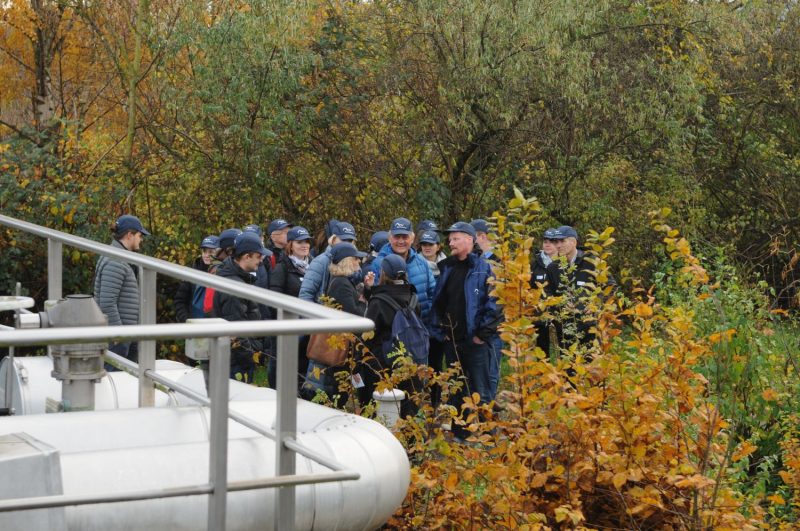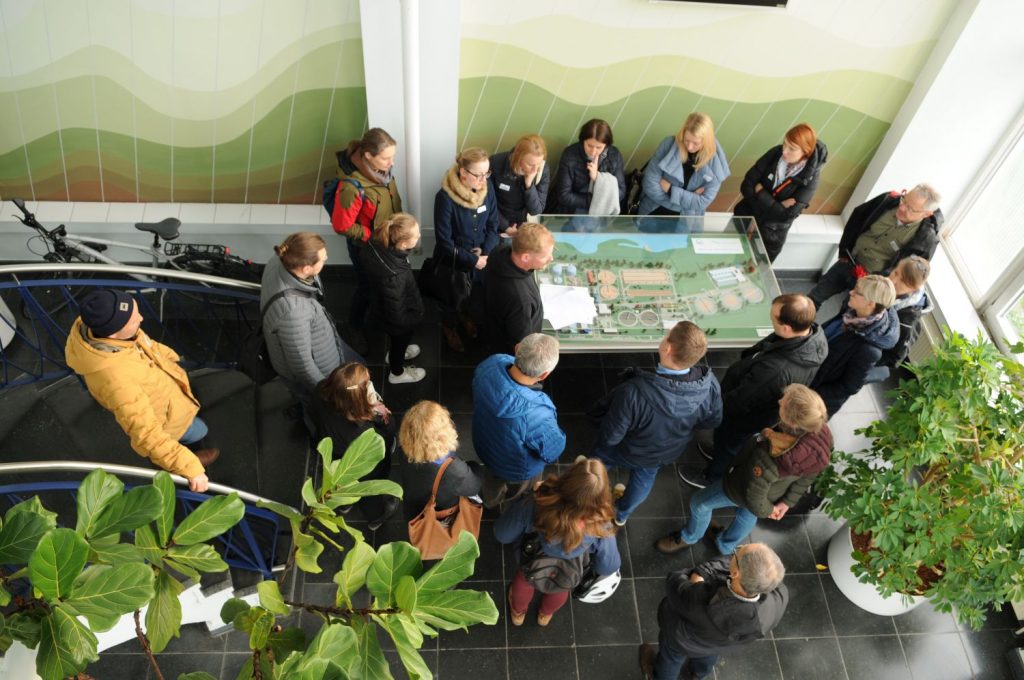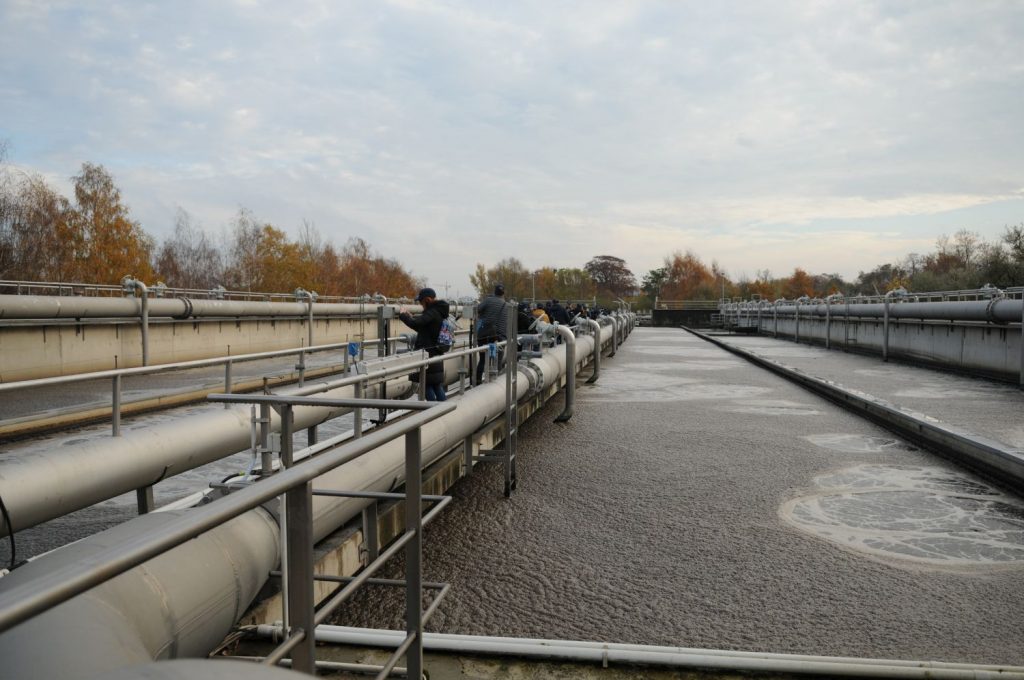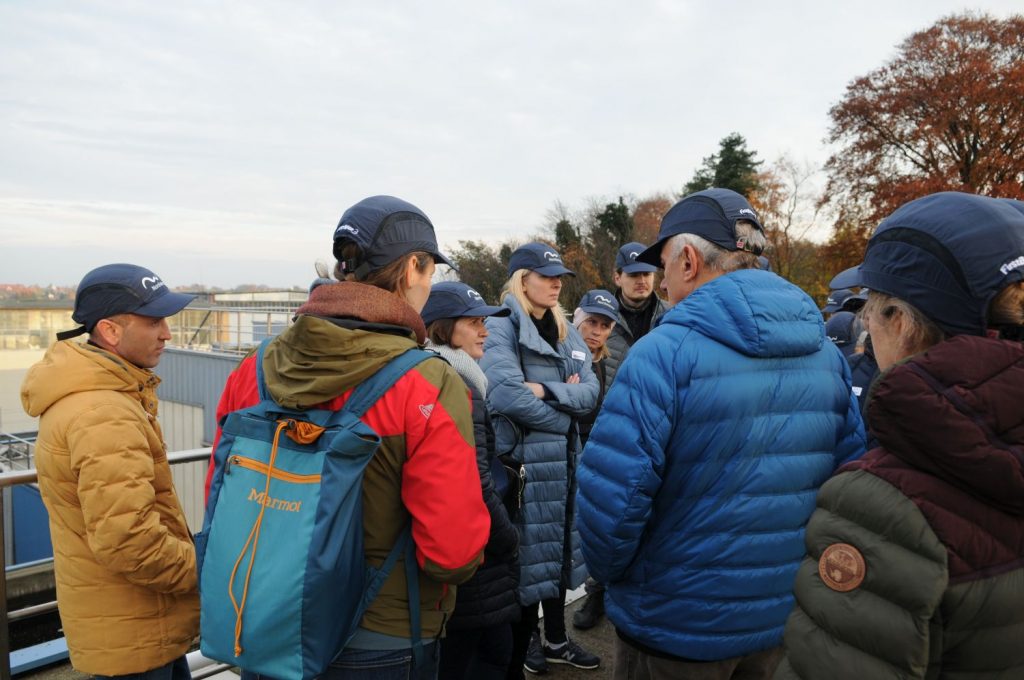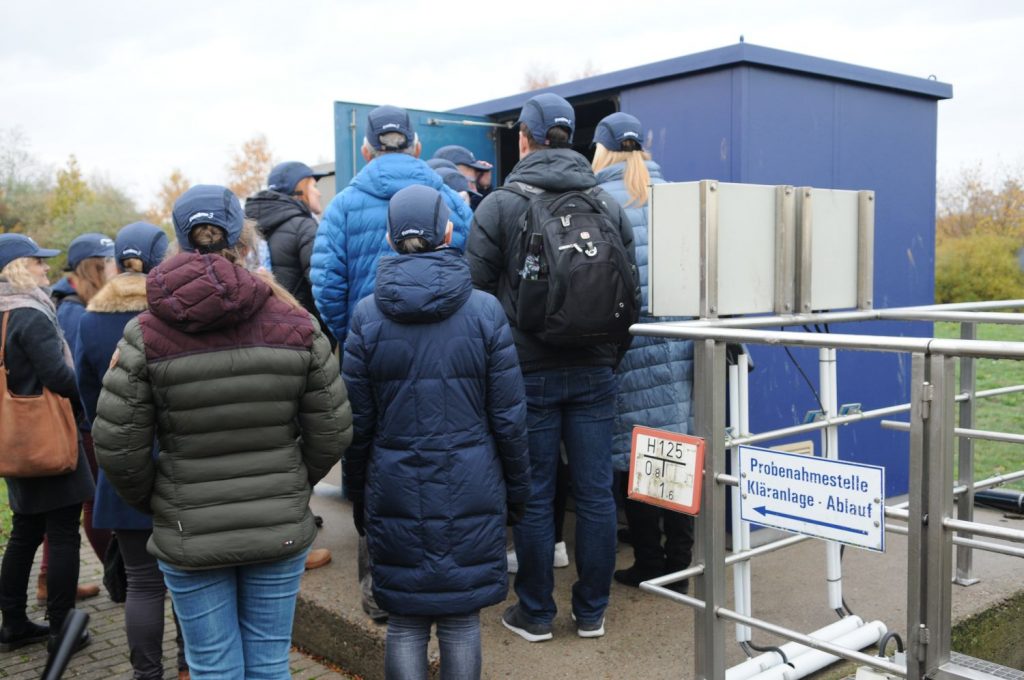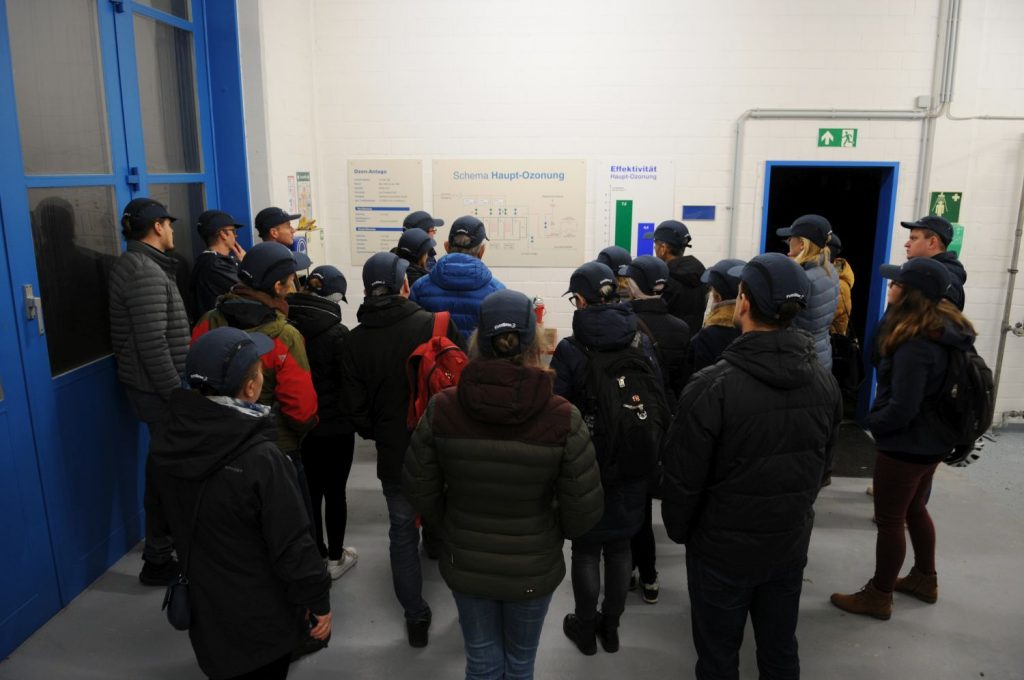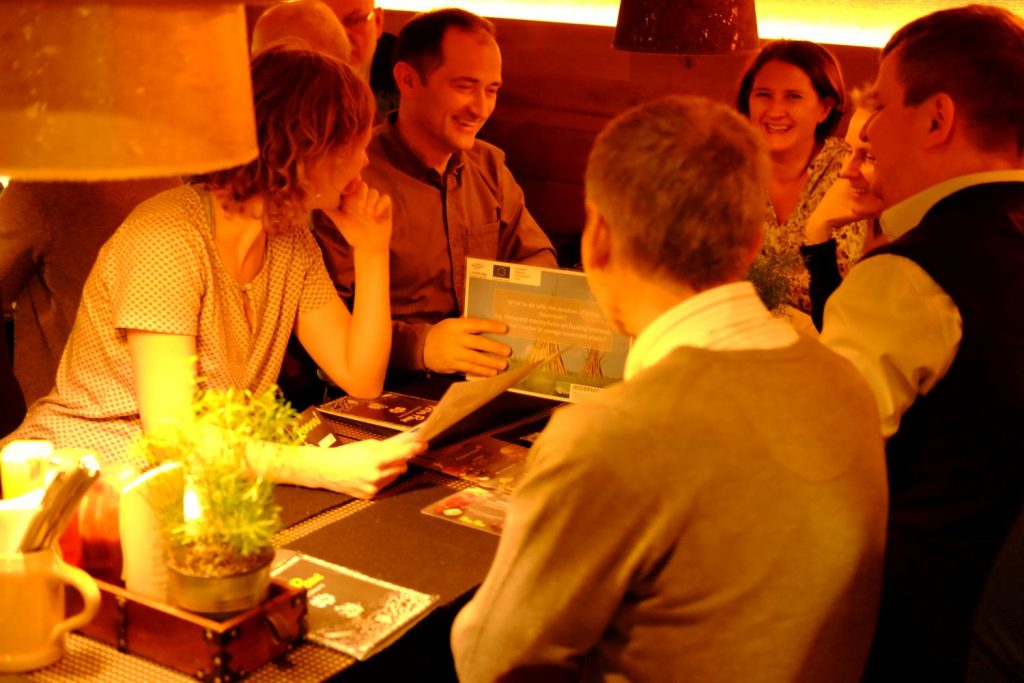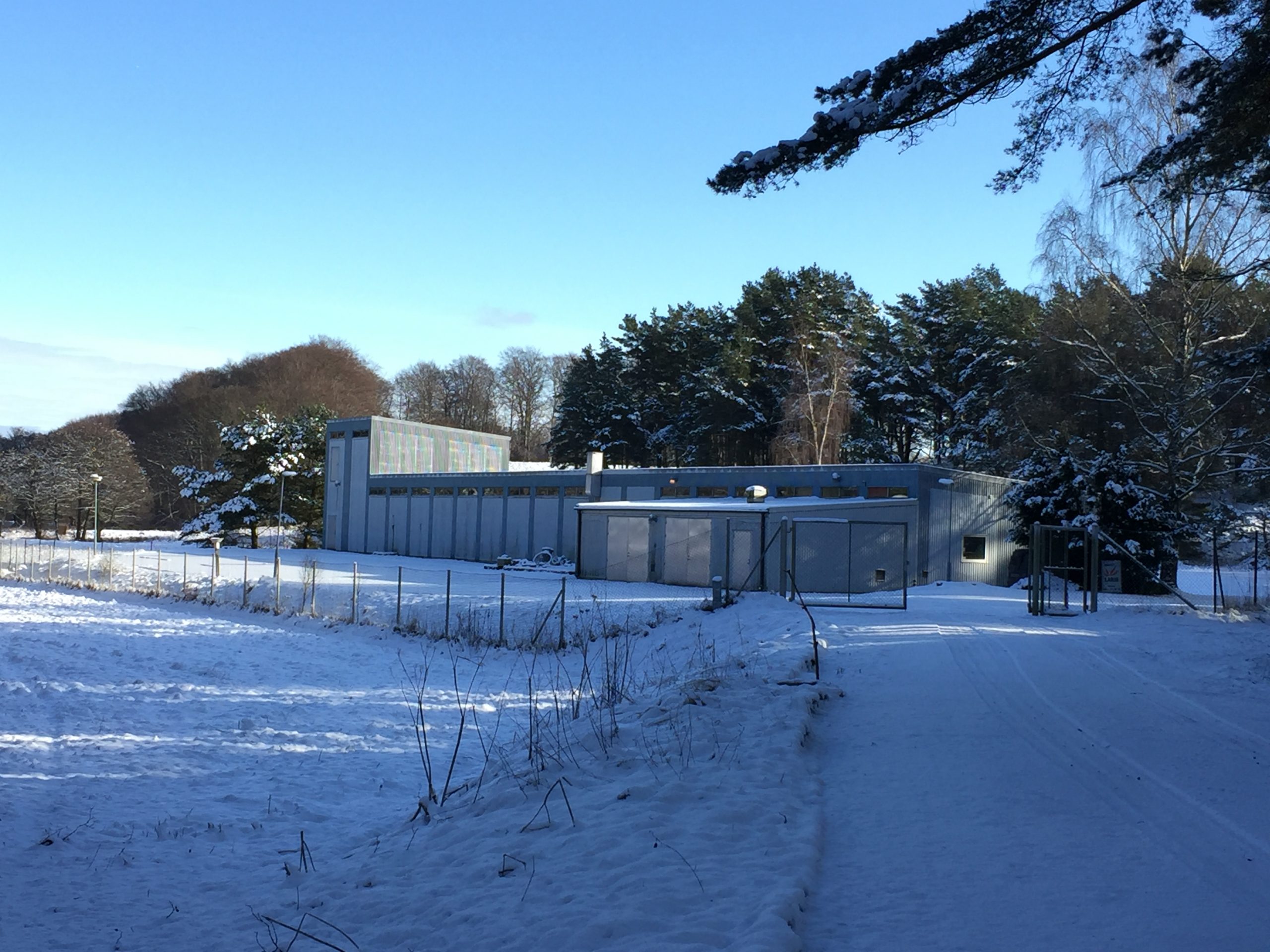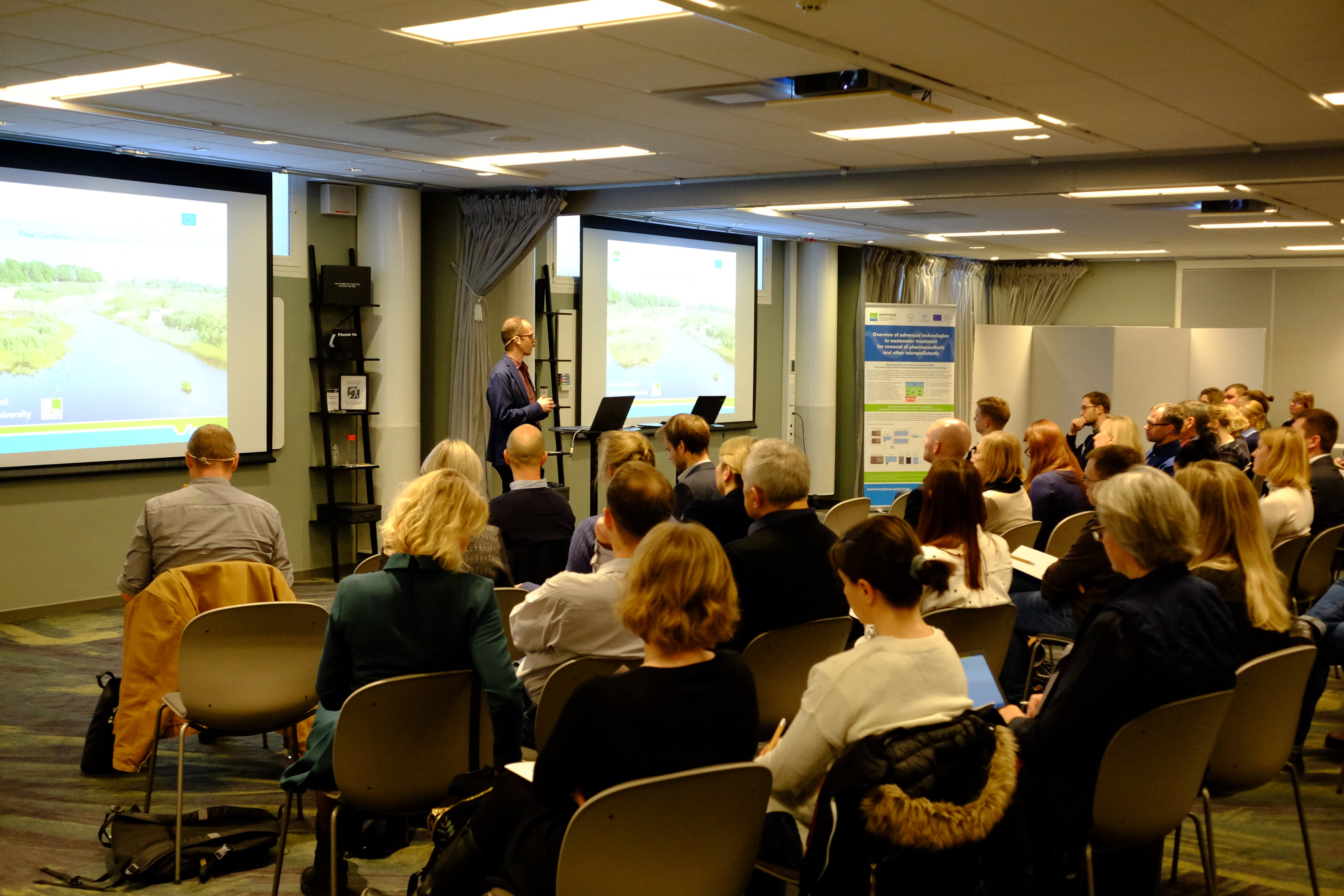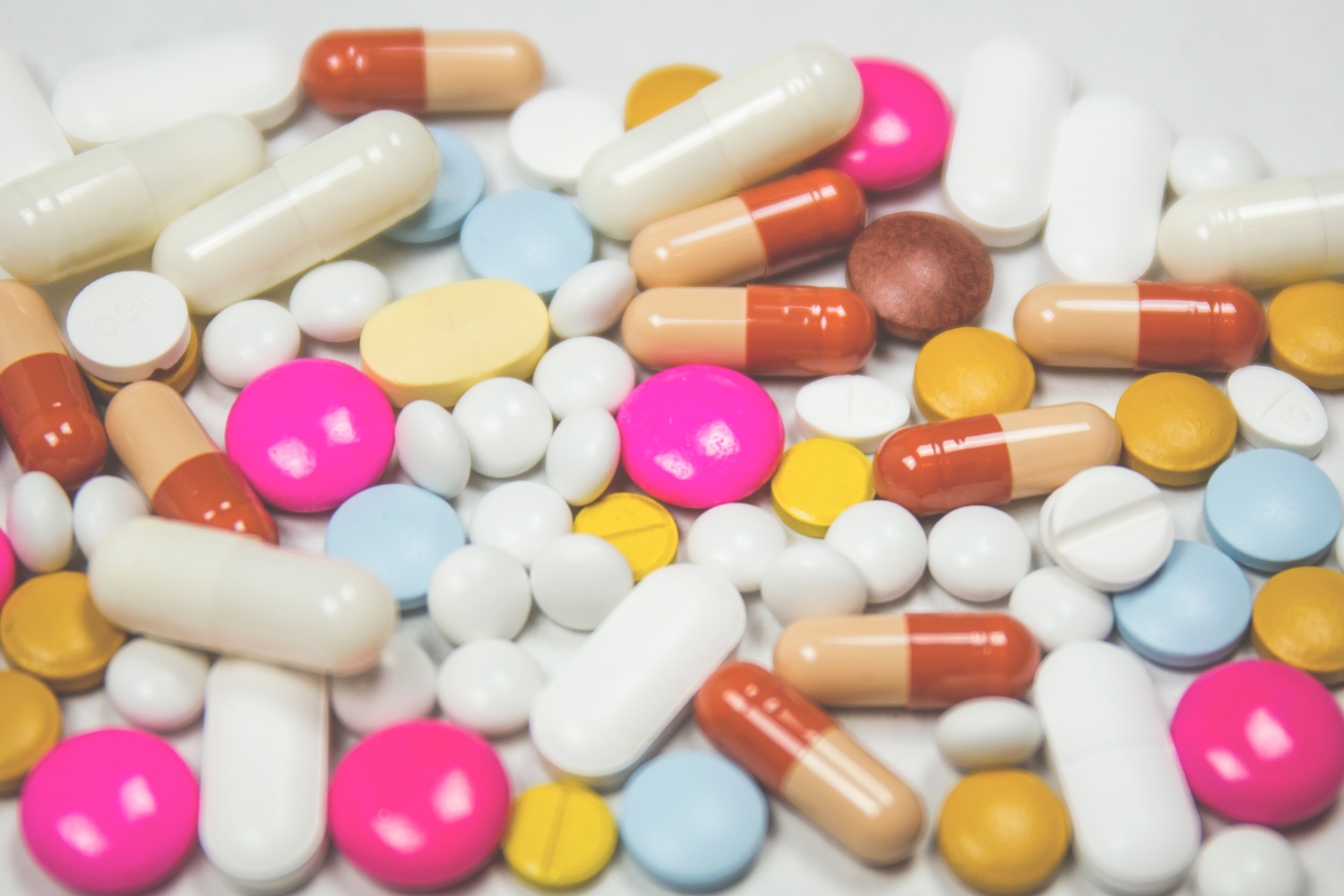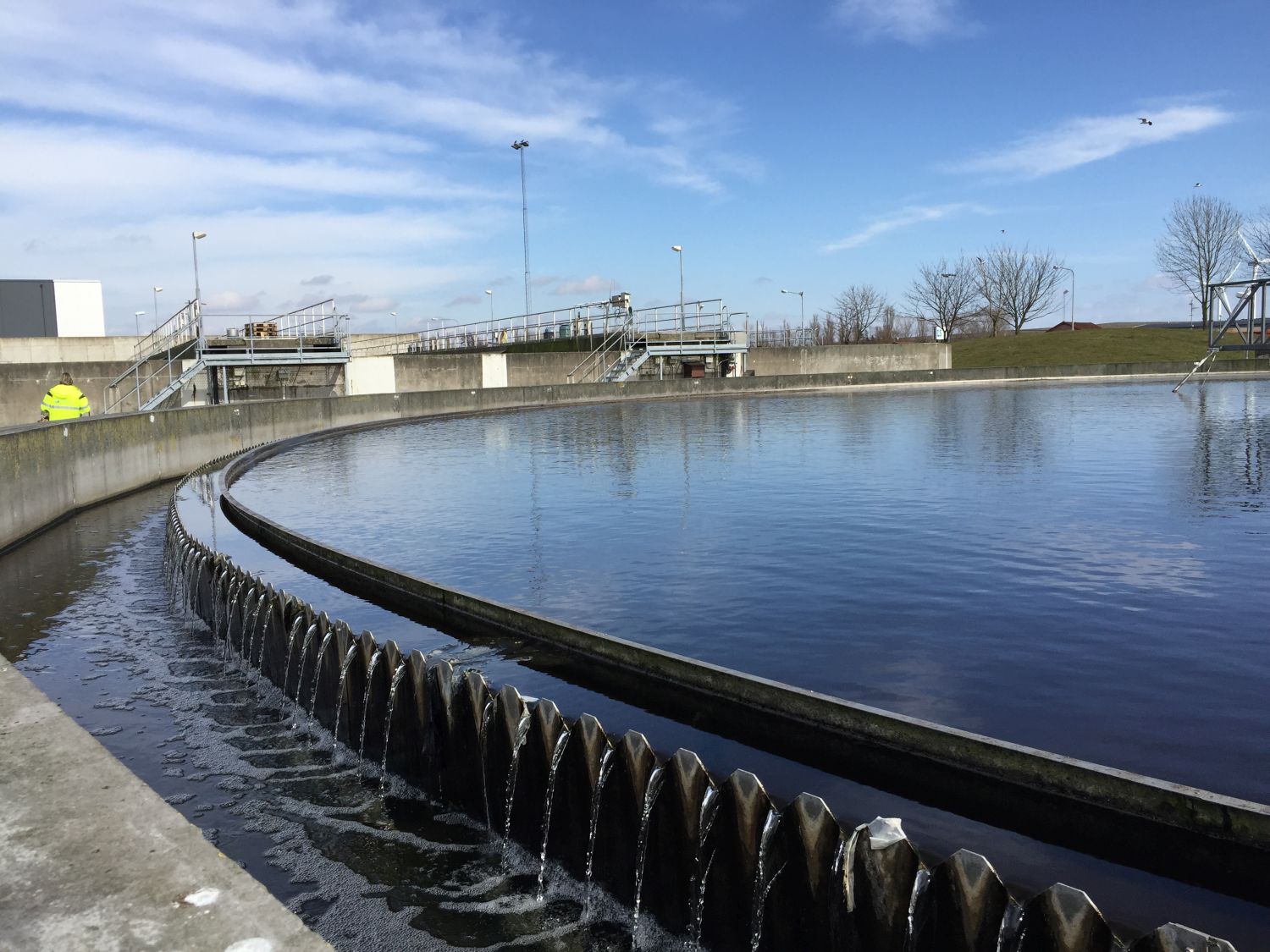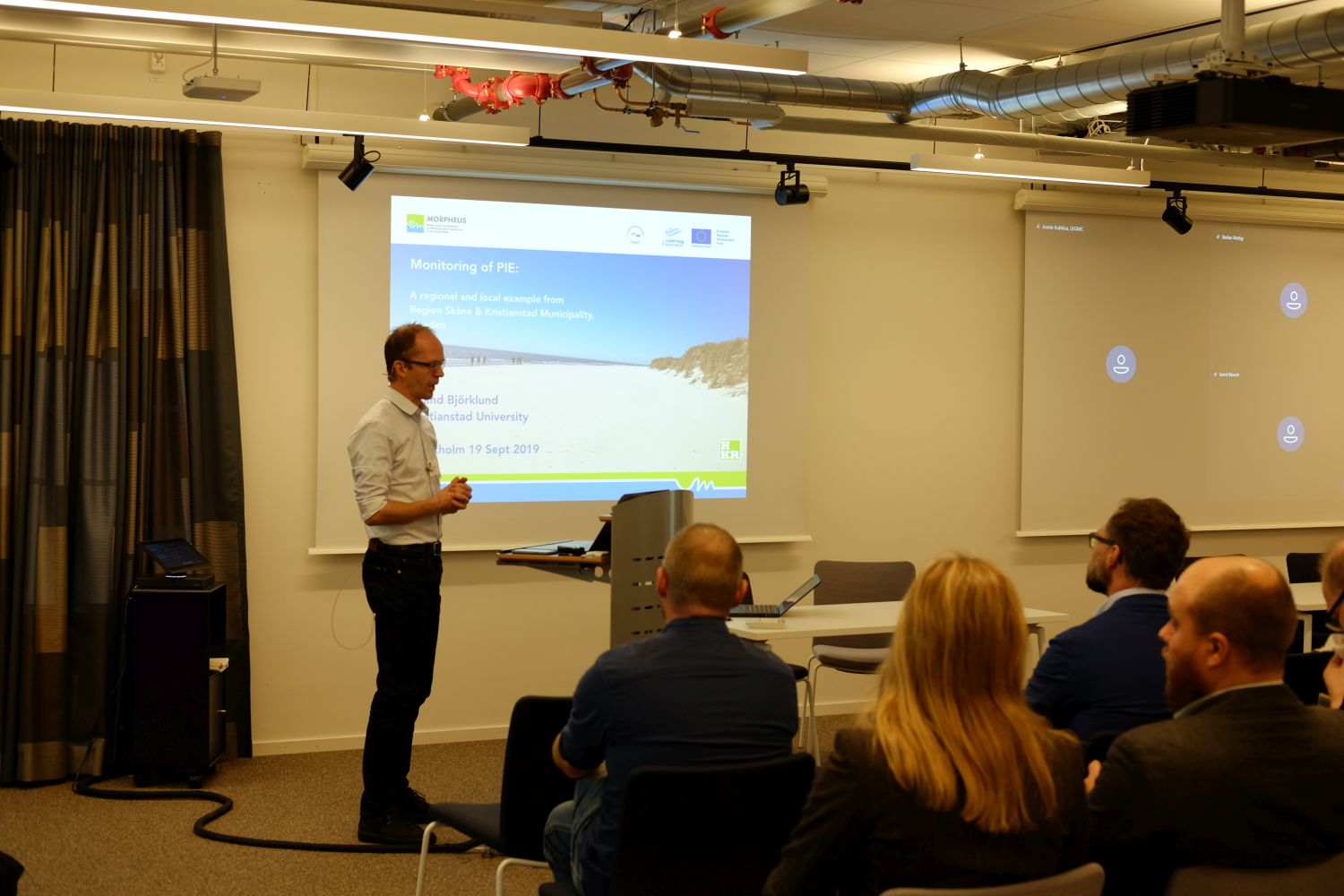From 12th to 14th November the MORPHEUS project partners met at the local WWTP in Rostock, Germany. At the meeting, the partners exchanged views on the current state of project activities and discussed upcoming results.
The report on the Inventory of existing treatment technologies in wastewater treatment plants was the start of further publications to be released in 2019.
To assess the occurance of pharmaceutical substances and other micropollutants in the South Baltic Sea, water samples from inlet and outlet as well as upstream and downstream of local WWTPs in all partner regions were analysed. The results in combination with information on pharmaceuticals consumption patterns will lead to a better understanding of entry paths and amounts of pharmaceutical substances. This will allow to find suitable measures to reduce the emissions of pharmaceutical substances to the South Baltic Sea. This information will aid wastewater treatment plants and authorities in a future implementation of the most suitable advanced treatment technology.
An additional focus of the meeting was on the development of training courses on basic pharmaceutical analysis and advanced treatment technologies. The training courses for WWTP staff will start in Gdansk, Poland, in spring 2019.
As part of the project meeting, the participants visited the wastewater treatment plant as well as the waterworks in Rostock. For drinking water purification, surface water from the river Warnow is treated by ozonation and activated carbon, both measures are suitable for reducing the amount of pharmaceutical substances and other micropollutants.
At a joint dinner with project partners of the South Baltic Programme project LiveLagoons, the participants discussed about green technology, water quality monitoring programs as well as possible uses of floating wetlands e.g. as an additional clarifing step in the receiving waters of WWTPs.

